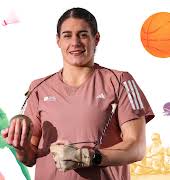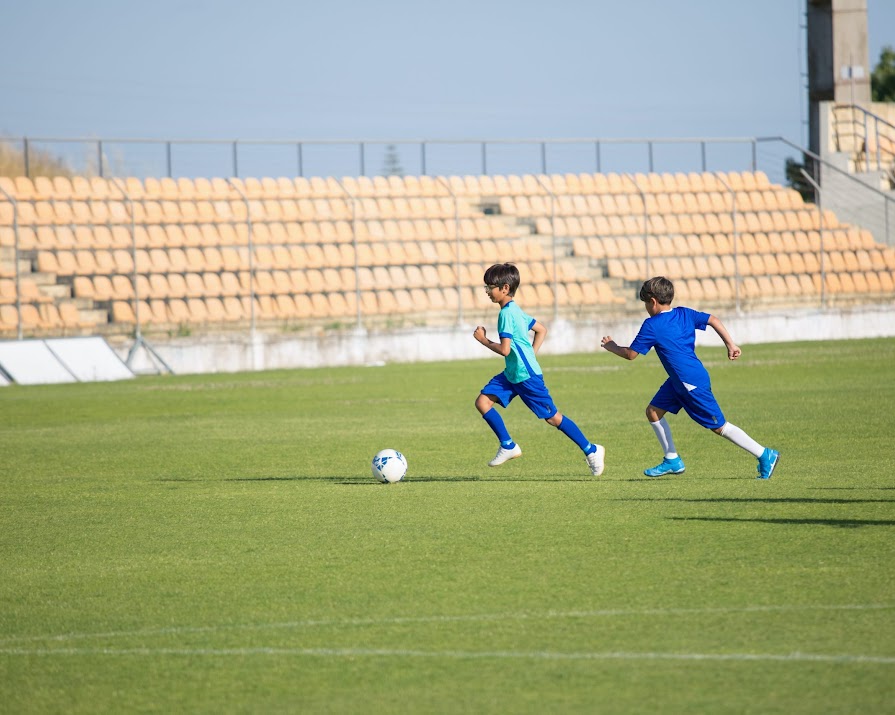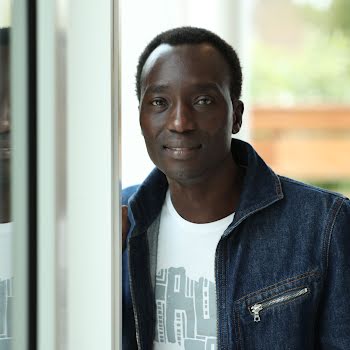Ask the Doctor: ‘My sons are always active, and many fit young boys have dropped dead on the pitch, with Sudden Adult Death Syndrome mentioned as the cause. Is this something we can prevent?’
By Sarah Gill
06th Sep 2022
06th Sep 2022
All your burning health questions answered by the professionals.
“I have two sons, 13 and 16, both of who are big into hurling and are always active, training or exercising most days and then matches for their club at the weekend. Myself and some of the other mothers were talking and it became apparent we all share a similar worry. We have seen all too many of these fit and young boys similar to our own, dropping on the pitch and tragically not being able to be saved. We have seen this in a number of sports and often see ‘Sudden Adult Death Syndrome’ mentioned. Is this something we can prevent? Can I get my boys tested for indicators, or are there any indicators?”

Answer from Dr Robert Kelly, Consultant Cardiologist and Lifestyle Medicine, Beacon Hospital.
It is so good to see kids exercising. Sport is so important for everyone to do and people who regularly exercise stay well, live longer and healthier than people who are not active.
Your concerns about sport and sudden death are a great worry for all parents. Fortunately, this risk is very small and there are simple steps that you can take as a parent to minimise this risk and put your mind at ease.
What is SADS?
Sudden arrhythmic death syndrome (SADS) is when someone dies suddenly and unexpectedly from a cardiac arrest, but the cause cannot be found. It is not due to heart attacks or structural heart abnormalities. It is most likely due to abnormal heart rhythm, and this may be inherited from a family relative. It happens to adults under 40 years of age and teenagers (It used to be called Sudden Adult Death Syndrome).
In Ireland, up to 100 young people die from SADS each year. One in 300 may have a heart abnormality.
Have your children got any heart symptoms?
It is important to watch out for any illness or symptoms your sons may be having at rest and with exercise. Those include dizziness, fainting, chest pains with exercise or being shorter of breath than usual and seizures. These symptoms may also be triggered by diet, fizzy drinks, coffee, drugs, alcohol, smoking and viral illnesses.
Have you ever been told your children have any heart problems, heart murmur or were they sick at a
younger age? Have they had Covid and been very sick with it?
Is there a family history of sudden unexplained death in extended family relatives under 40 years old?
A family history of sudden unexplained death in people under 40 years is a very important red flag to check out. Also consider if anyone of that age has died from drowning or killed as single occupant driver in a car crash.
Heart testing can pick up these abnormalities
See your GP or a cardiologist who can assess your situation. The doctor will ask you questions about symptoms and family history and may do an ECG tracing and/or consider if other tests are needed. An ECG is the tracing of heart rhythm and an Echocardiogram is an ultrasound of the heart to look at its structure.
If there are concerning abnormalities or the symptoms described alarm the doctor, then other tests may be considered such as stress exercise test, a Cardiac MRI or CT scan. A Holter monitor that captures heartbeat tracings over a day long time frame or longer may also be used. A referral for genetic tests in cases of family history of SADS may also be considered.
It is important to see a cardiologist if concerns exist to be certain of a diagnosis. At Beacon Hospital, we are the only hospital that provides access on site to both Adult and Children Cardiology Specialists. We have easy access for concerned parents with quick testing turnaround and review to minimise any parent worries.
What should you do?
If your sons have symptoms or there is a family history, then reach out to your GP or a cardiologist to get them checked out. If they have no symptoms keep a watchful eye if their story changes and act then.
In addition, learn how to perform CPR. Talk with the school and GAA club. Reach out to Irish Heart Foundation if you need more information about this.
Have a question for the professionals you’d like answered? Get in touch with sarah.gill@image.ie with the subject headline ‘Ask The Doctor’.





















